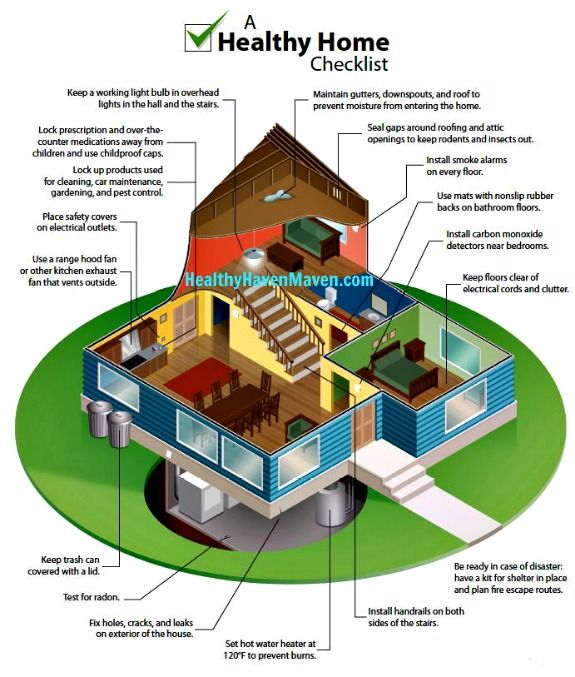Figure Out How To Maximize The Performance And Life-Span Of Your Heat Pump System By Avoiding Basic Installation Errors
Figure Out How To Maximize The Performance And Life-Span Of Your Heat Pump System By Avoiding Basic Installation Errors
Blog Article
Short Article Writer-Dowling McFarland
When setting up a heat pump, you should stay away from common errors that might threaten its efficiency. Neglecting correct sizing might lead to inefficiencies and greater energy expenses. https://www.bobvila.com/slideshow/10-home-maintenance-projects-you-should-be-doing-every-month-579209 and sealing might lead to energy waste and pressure on the system. Additionally, positioning the exterior device incorrectly might influence its performance. By staying clear of these mistakes, you can ensure optimum working and toughness of your heatpump system.
Improper Sizing of Heat Pump
When it comes to the installation of heat pumps, one of the most typical blunders is improperly sizing the system for your room. Making sure the ideal size is essential for optimum efficiency. If the heatpump is too little, it will struggle to warmth or cool your area efficiently, bring about increased power bills and potential damage on the device.
On the other hand, if the heatpump is too big, it will certainly cycle on and off often, causing temperature fluctuations and decreasing its life-span.
To prevent this mistake, it's vital to have a specialist evaluate your room and suggest the suitable dimension of the heat pump based upon elements like square video, insulation, ceiling height, and neighborhood environment. By spending the time and effort to make sure the appropriate sizing, you can take pleasure in a comfortable atmosphere while making best use of energy effectiveness and lengthening the life expectancy of your heat pump.
Inadequate Insulation and Sealing
To make certain the reliable procedure of your heatpump, it's crucial to attend to poor insulation and securing in your area. Appropriate insulation assists keep a constant temperature level inside your home, lowering the workload on your heatpump. Insufficient insulation can bring about energy loss, making your heatpump job harder and less effectively.
Securing any spaces or leakages in your room is similarly essential. These gaps enable conditioned air to leave and exterior air to leak in, requiring your heat pump to make up for the temperature level changes.
Inaccurate Positioning of Outdoor System
Attending to the positioning of your heatpump's exterior device is vital to enhancing its efficiency. Mounting the outside system in an incorrect place can lead to performance problems and prospective damages to the unit.
One common error to avoid is placing the exterior system as well near to a wall or various other frameworks. This can limit airflow, triggering the unit to work harder to warm or cool your space, ultimately minimizing its performance and life expectancy.
Another mistake to steer clear of is placing the exterior system in direct sunlight. While some sunlight is inevitable, extreme direct exposure can lead to overheating, especially during hot summer days. It's ideal to position the exterior device in a shaded area to help maintain its ideal operating temperature level.
Furthermore, ensure that the exterior unit is positioned on a steady and level surface. Irregular ground can trigger resonances and unneeded stress on the device, impacting its efficiency in time.
daikin heat pumps christchurch
To conclude, avoiding common mistakes during heatpump setup is necessary for taking full advantage of performance and longevity of your system. By making certain correct sizing, sufficient insulation, securing, and right positioning of the outside unit, you can protect against problems such as inefficiencies, raised power bills, and stress on the system. Putting in the time to address these vital aspects will ultimately save you time and money over time.
